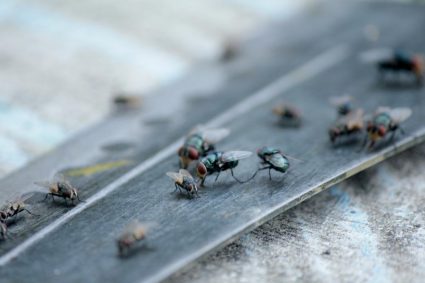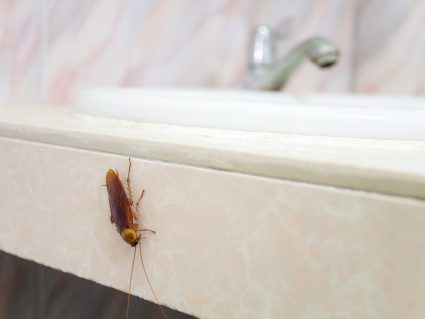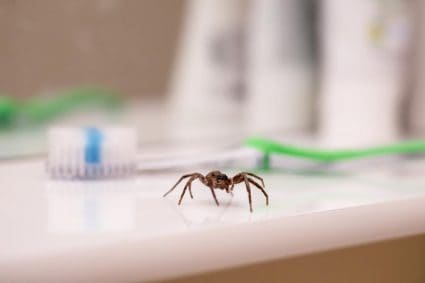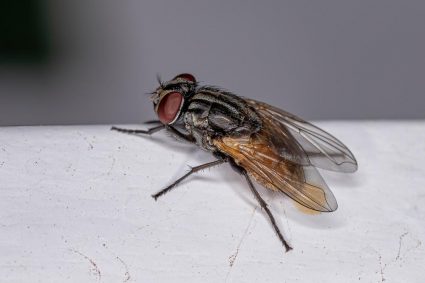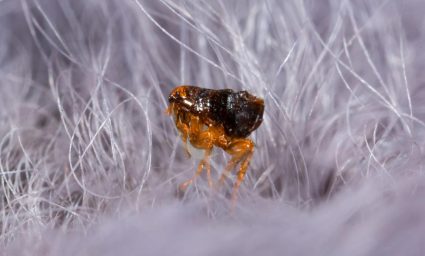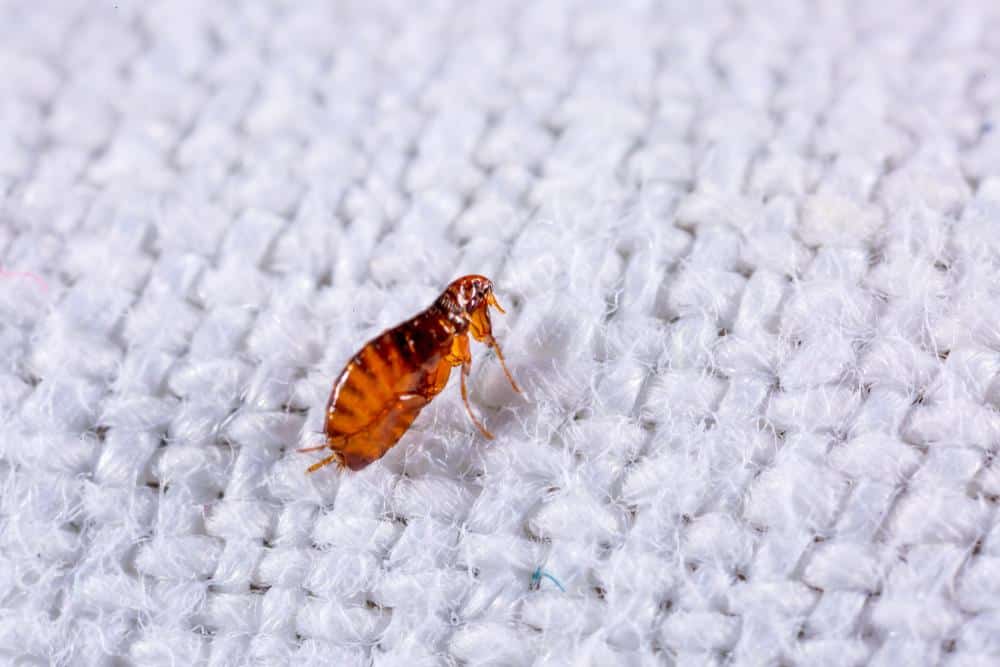
Flea infestations are a common issue faced by pet owners worldwide. Thankfully, numerous solutions are available to tackle this problem, one of them being flea pills. But how do these flea pills work? What are the ingredients involved, and what is their mode of action? How effective are they compared to other flea treatments? Let’s delve into these questions and more to understand the science behind flea pills.
Flea pills work by using active ingredients like fipronil, s-methoprene, imidacloprid, and permethrin that target different stages of the flea life cycle. These ingredients either kill adult fleas, disrupt their development, or inhibit their ability to reproduce. The pills are ingested by the pet and absorbed into the bloodstream or tissue fluids, killing fleas when they feed on the pet. They can be highly effective in controlling flea infestations, but potential side effects should be monitored.
What are Flea Pills?
Flea pills are oral insecticides designed to control, treat, and prevent flea infestations in dogs and cats. They come in various forms, such as flavored chewable tablets, soft chewables, or regular tablets. These pills contain different active chemical ingredients that target fleas in unique ways. Some flea pills kill adult fleas, others kill larvae, and some inhibit a flea’s ability to lay eggs.
How Flea Pills Work
The main ingredients in flea pills include fipronil, s-methoprene, imidacloprid, and permethrin. These ingredients work in different ways to kill fleas and disrupt their life cycle. Fipronil is a broad-spectrum insecticide that kills adult fleas by attacking their nervous system. S-methoprene is an insect growth regulator that prevents flea larvae and pupae from developing into adults, thus breaking their life cycle. Imidacloprid is a fast-acting systemic insecticide that kills adult fleas. Permethrin is a pyrethroid that functions as a neurotoxin, causing the nervous system of insects to slow down and eventually halt.
Oral flea preventatives, such as Nexgard, work by absorbing into the bloodstream after ingestion and causing uncontrollable activity in the flea and tick central nervous system, leading to their death. Other oral preventatives, like Bravecto Chews, absorb into the tissue fluids beneath the skin, killing fleas and ticks when they feed on the pet and ingest the medication.
Flea Pill Effectiveness
Compared to other flea treatment methods, such as topical treatments and flea collars, flea pills have some advantages. They are generally easy to administer, and there is no risk of the medication washing off or being lost, as can happen with topical treatments and collars. Additionally, some oral flea preventatives can provide broad-spectrum protection against other parasites, such as ticks, ear mites, and intestinal worms.
A study published in Veterinary Parasitology found that topical treatments were 88.4% effective, while oral treatments were 99.9% effective in controlling fleas. However, the effectiveness can vary depending on the specific product and the situation.
Possible Side Effects
Flea pills can cause side effects in pets, and pet owners should be aware of the potential risks. Some common side effects include drooling, vomiting, lack of appetite, agitation, muscle tremors, difficulty standing or walking, seizures, skin irritation, and diarrhea. If you suspect your pet is experiencing side effects from flea pills, consult your veterinarian immediately.
Flea Pills: One Size Doesn’t Fit All
It is essential to choose the right flea medication for your pet, as using the wrong product can cause harm. Flea and tick medications are formulated for either feline or canine pets and should not be used interchangeably. Consult your veterinarian when choosing a flea and tick product, especially if your pet has any health conditions.
Natural Alternatives to Flea Pills
While flea pills can be highly effective, some pet owners prefer natural alternatives. These could include diatomaceous earth, vinegar and shampoo mixtures, lemon wash deterrents, essential oils, apple cider vinegar, herbal shampoos, regular grooming, clean environments, and yard and garden maintenance.
Always consult with your veterinarian before trying any new flea prevention methods to ensure they are safe and appropriate for your pet’s specific needs.
Conclusion
In conclusion, flea pills work by using various active ingredients to target different stages of the flea life cycle. They can be highly effective in controlling flea infestations and are generally easy to administer. However, like all medications, they may have potential side effects. Always consult your veterinarian before starting any new medication for your pet.

